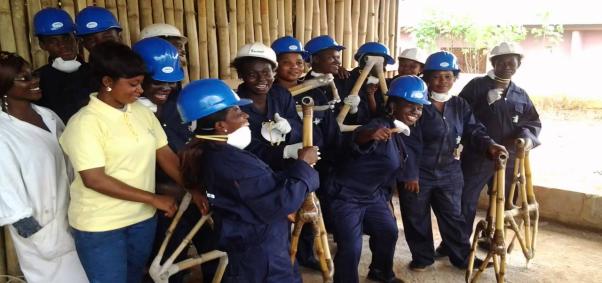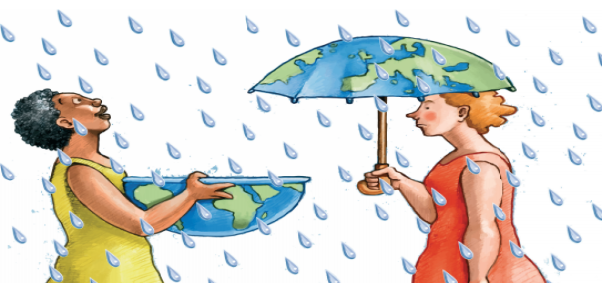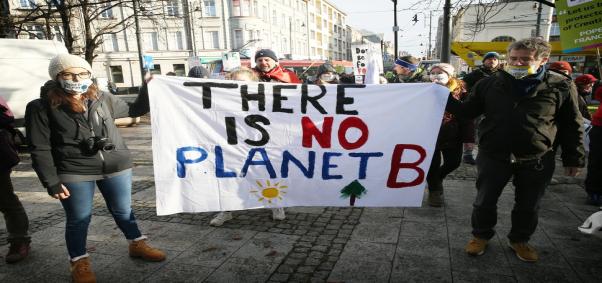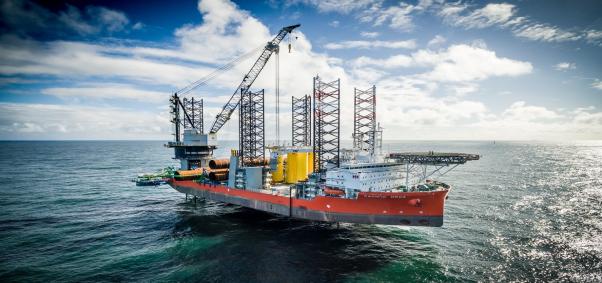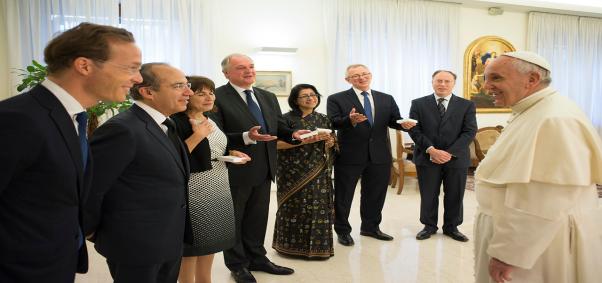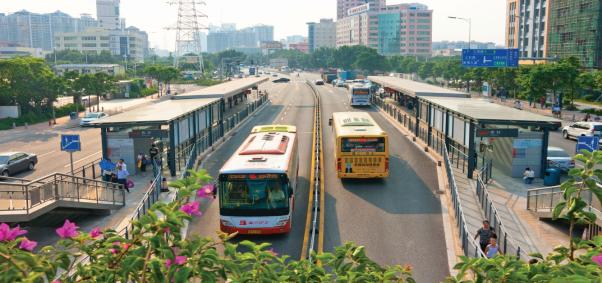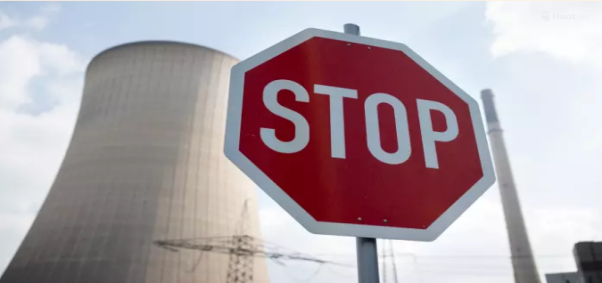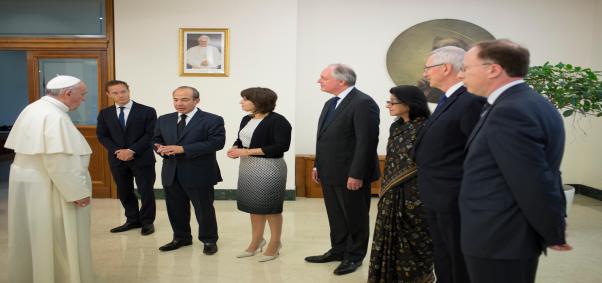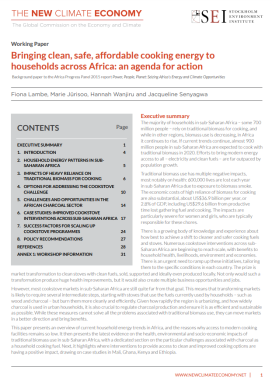
Most sub-Saharan households cook using traditional biomass stoves, and 200 million more will do so by 2020. For maximum health and environmental benefits, policymakers in sub-Saharan Africa should aim to transform their countries’ cookstove markets to drive a large-scale shift from traditional biomass to stoves using clean fuels or electricity.
Downloads
671.88 KB
1.2 MB
459.69 KB
5.38 MB
![]() Seizing the Global Opportunity: Partnerships for Better Growth and a Better Climate.
Seizing the Global Opportunity: Partnerships for Better Growth and a Better Climate.
6.21 MB
3.01 MB
![]() Bringing clean, safe, affordable cooking energy to households across Africa: an agenda for action
Bringing clean, safe, affordable cooking energy to households across Africa: an agenda for action


